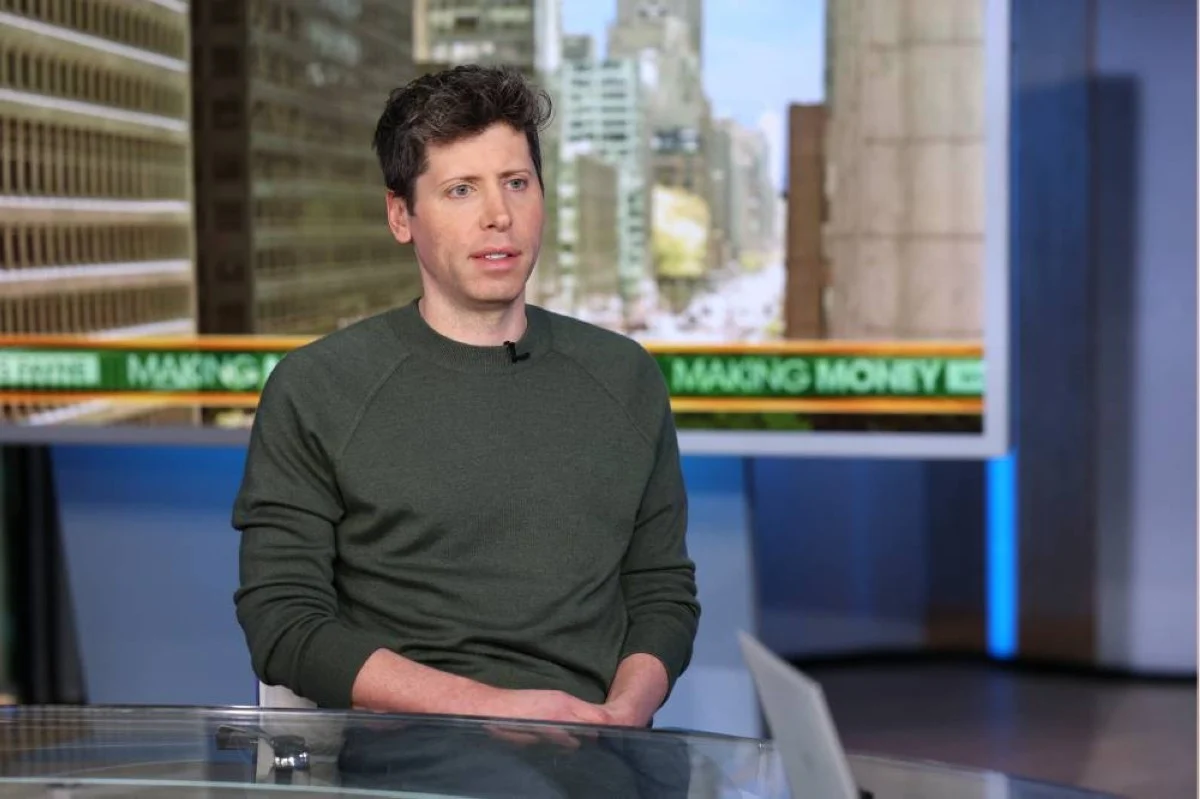OpenAI’s Latest AI Image Generator Sparks Controversy Over Copyright and Studio Ghibli-Inspired Artwork

The current launch of OpenAI’s image generation tool for ChatGPT has ignited a wave of viral images online, specifically the ones mimicking the artistic style of Japan’s renowned animation studio, Studio Ghibli. From Studio Ghibli-stimulated depictions of public figures like Elon Musk and Donald Trump to reimagined scenes from The Lord of the Rings, the internet has been flooded with AI-generated visuals. However, this sudden recognition has moreover caused concerns over copyright infringement, reigniting debates about AI’s position in creative industries.
The Viral Boom of AI-Generated Ghibli Art
Since the tool’s launch, social media structures were flooded with AI-generated photos that recreate real-world photos, pop culture references, and ancient activities within the signature style of Studio Ghibli. Even OpenAI CEO Sam Altman joined the trend, updating his profile photo on X (previously Twitter) to a Ghibli-style avatar.
One particularly controversial second came when the White House published an AI-generated Ghibli-fashion picture of a weeping individual being handcuffed by a US immigration officer. The use of AI to create such politically charged images raised ethical worries, including to the broader discussion on AI’s impact on media, politics, and inventive integrity.
Initially deliberate to be available without cost, the overpowering call for for OpenAI’s new image generator compelled the company to restriction get access to paying subscribers. This marks a shift in OpenAI’s method, emphasizing monetization amid the AI growth.
Copyright Concerns and Legal Scrutiny
Despite the exhilaration surrounding the brand new tool, OpenAI now faces renewed grievance over the ethical and legal implications of its AI models. The business enterprise is already worried in multiple lawsuits regarding copyright infringement, with artists, musicians, and publishers accusing OpenAI of the usage of copyrighted fabric with out permission. The New York Times is the various plaintiffs in a prime case that could have long-time period implications for AI-generated content.
The controversy surrounding Studio Ghibli-fashion AI artwork is specially excessive due to the outspoken views of the studio’s mythical director, Hayao Miyazaki. A resurfaced 2016 video indicates Miyazaki harshly criticizing AI-generated animation, calling it “an insult to lifestyles itself.” Many artists and illustrators, such as Jayd “Chira” Ait-Kaci, have expressed frustration, arguing that AI-generated art fundamentally disregards the tough paintings and creativity of human artists.
OpenAI’s Push for AI Copyright Protection
Amid mounting felony battles, OpenAI is actively lobbying US lawmakers to develop the legal definition of “honest use,” which allows for constrained use of copyrighted fabric with out specific permission. The agency argues that AI-generated content have to fall underneath the identical felony protections as search engines like google and online memes. However, critics fear that such changes may want to critically impact creative specialists and weaken copyright protections.
A $40 Billion Investment and AI’s Future
Despite the legal and moral demanding situations, OpenAI maintains to draw extensive investment. Bloomberg said that OpenAI is nearing a $40 billion investment round led by using Japan’s SoftBank Group—potentially the biggest funding round in startup history. The enterprise’s projected revenue is also hovering, anticipated to reach $12.7 billion in 2025, up from $three.7 billion this year.
With such rapid increase, OpenAI is solidifying its position as a dominant force inside the AI industry. However, its enlargement additionally increases important questions about the destiny of virtual creativity, intellectual belongings, and moral AI development.
As AI-generated art keeps to advantage traction, the industry faces a critical crossroads: will AI supplement human creativity, or will it overshadow and replace traditional artists? The debate is far from over, and with OpenAI at the center of the talk, the warfare between era and creative integrity is best simply starting.


